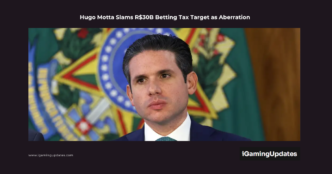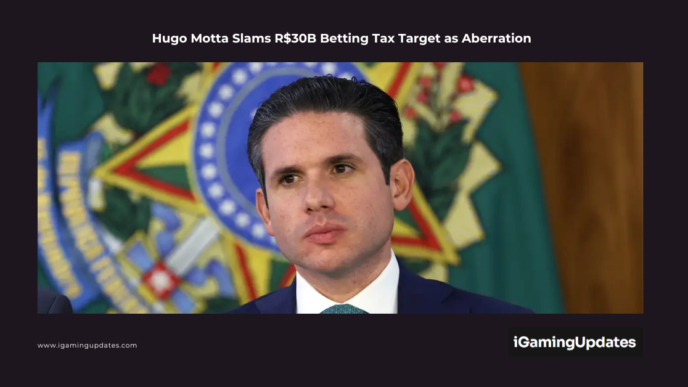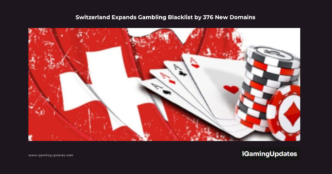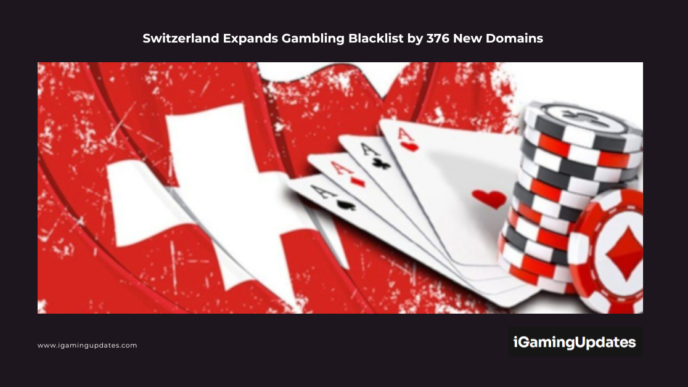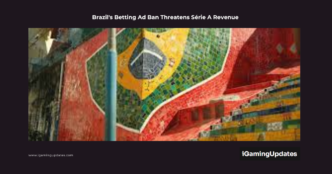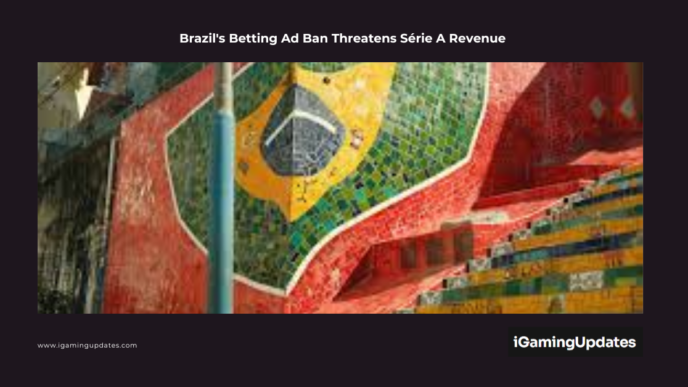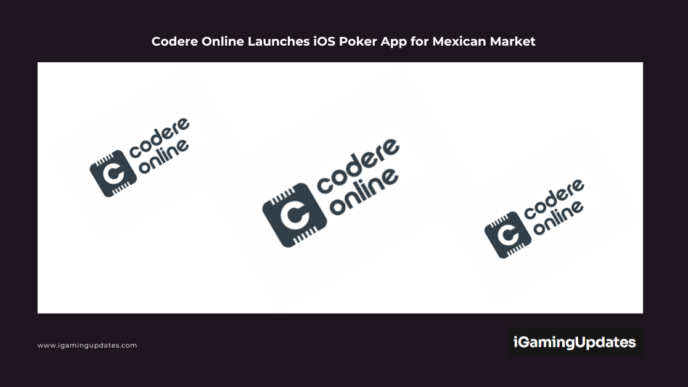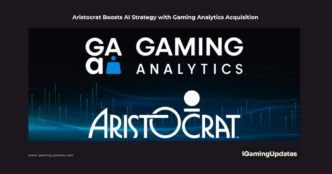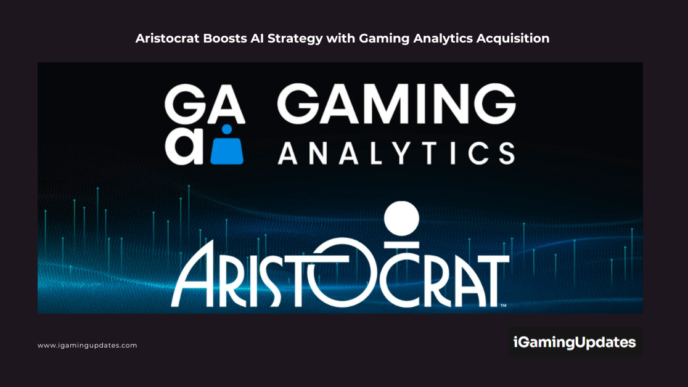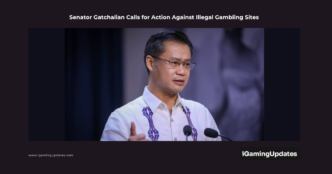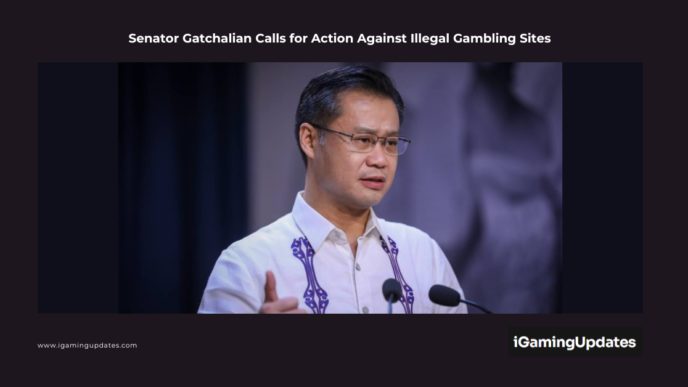The Curaçao Gambling license has long been one of the most popular options for casino operators worldwide. But with the new 2025 reforms, things have changed: stricter compliance, direct licensing, and higher costs. This guide breaks down exactly what you need to know from fees and requirements, to timelines and benefits.
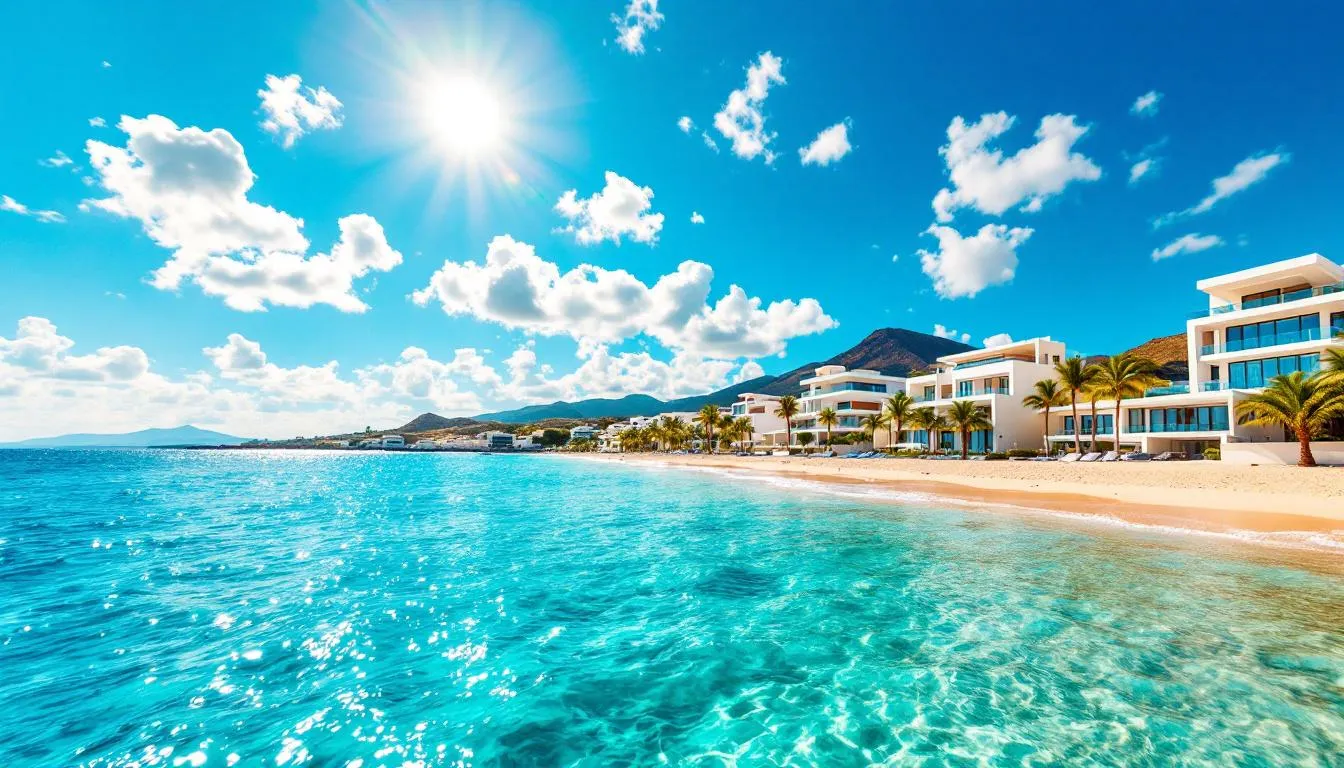
Key Takeaways
- Curacao gambling license is a popular offshore gaming license covering all gambling activities under one permit, with over 1,200 operators currently licensed
- The 2025 LOK law eliminated master gaming license holders, requiring all online casino operators to obtain direct licenses from the Curacao Gaming Authority (CGA)
- Annual licensing fees are approximately €61,200 (ANG 120,000) with 0% tax on foreign-sourced gambling income
- The application process takes 2-6 months and requires local company incorporation, AML compliance officer, and comprehensive documentation
- Curacao licenses provide global recognition but restrict operations in USA, UK, France, Germany, Netherlands, and other jurisdictions
What is a Curacao Gambling License
A Curacao gambling license represents a government-issued permit authorizing online gambling operations, a regulatory framework that has been in place since 1996. This comprehensive license covers all gambling activities including casino games, sports betting, lotteries, poker, and esports under a single permit, eliminating the need for multiple authorizations.
The licensing authority transitioned from the former Gaming Control Board (GCB) to the newly established Curacao Gaming Authority (CGA), which now oversees all licensing operations under the reformed regulatory structure. This change represents the most significant shift in Curaçao’s gambling regulation in decades.
The curacao gaming license provides operators with global recognition and credibility, facilitating relationships with banks, payment processors, and software providers. Licensed online casino operators display their authorization prominently on their platforms, often featuring digital seals that validate their legitimate status in the online gaming industry.
Unlike jurisdictions requiring separate permits for different gambling activities, the curacao license offers universal coverage for all forms of online gambling under one comprehensive authorization, streamlining operations for diverse gaming businesses.
Recent Regulatory Changes in 2025
The implementation of the National Ordinance on Games of Chance (LOK) law represents the most comprehensive overhaul of Curaçao’s gambling regulation, replacing the previous NOOGH framework with enhanced oversight and standardized requirements.
The elimination of the master license system marks a fundamental shift in the licensing structure. Previously, master license holders could sub-license their authorization to multiple operators, creating a complex web of indirect licensing relationships. Under the new rules, all operators must obtain direct licenses from the CGA, ensuring direct regulatory oversight and accountability.
Enhanced anti money laundering and counter-financing of terrorism (AML/CFT) compliance requirements now mandate qualified compliance officers with recognized certifications. These officials must maintain ongoing monitoring systems and implement comprehensive customer due diligence procedures.
The introduction of digital seals, available in Green and Orange categories, provides transparent validation of licensed status. These seals replace previous validation methods and offer immediate verification of an operator’s legitimate authorization.
Stricter due diligence processes now include enhanced background checks for all beneficial owners, directors, and key personnel. The CGA conducts comprehensive reviews of financial sources, business plans, and operational capabilities before granting licenses.

Benefits of Curacao Gambling License
The comprehensive coverage allowing all gambling activities under a single license represents perhaps the greatest advantage for operators. Unlike Malta or the UK, where separate permits are required for different gambling verticals, the curacao gambling license authorizes casino games, lotteries, poker, and bingo operations under one authorization.
The 0% corporate income tax rate on foreign-sourced gambling revenue provides substantial financial advantages for international operators. This tax structure, combined with no VAT on online gaming transactions, creates significant cost savings compared to higher-tax jurisdictions.
Fast licensing processes, typically completed within 2-6 months, contrast favorably with Malta, UK, or Isle of Man jurisdictions where applications can extend beyond 12 months. This efficiency allows operators to enter markets more quickly and begin revenue generation sooner.
Global recognition and credibility enhance business relationships with essential service providers. Payment processors, software vendors, and banking institutions widely accept curacao gaming licenses, facilitating operational setup and ongoing business relationships.
Tax Advantages
Zero corporate tax on foreign-sourced income applies to companies maintaining proper economic substance in Curaçao. This substantial benefit allows operators to retain significantly more revenue compared to higher-tax jurisdictions.
The absence of VAT, sales tax, or import duties on online gambling operations creates additional cost savings. Traditional taxation on equipment, software, and operational expenses is eliminated for qualifying gaming companies.
The 22% tax rate applies only to locally-sourced income and companies failing to meet substance requirements. Most international online gambling operations qualify for the preferential tax treatment through proper structure and compliance.
Compliance with international tax standards and EU Code of Conduct provides additional legitimacy. Curaçao’s removal from various tax gray lists enhances the jurisdiction’s standing with financial institutions and regulatory bodies worldwide.
Operational Flexibility
Single license coverage encompasses slots, table games, live dealer gaming, lotteries, and poker without additional authorizations. This comprehensive scope eliminates the complexity and costs associated with multiple licensing requirements.
No restrictions on game types or additional licensing requirements for different activities simplifies operational planning. Operators can expand their offerings without navigating complex regulatory approvals for each new vertical.
Support for both B2C operators and B2B service providers under the same regulatory framework creates synergies within the gaming ecosystem. Software providers, payment processors, and operators can all operate under compatible regulatory structures.
Cryptocurrency and skin casino operations receive licensing eligibility, positioning Curaçao as a forward-thinking jurisdiction for emerging gambling technologies and payment methods.
Requirements for Curacao Gambling License
Local company incorporation in Curaçao with a registered office and local managing director represents the foundational requirement for licensing. This local presence ensures regulatory oversight and establishes the necessary legal framework for operations.
The appointment of a qualified anti money laundering compliance officer with recognized certifications such as CAMS or AMLFC is mandatory. This professional must maintain ongoing monitoring systems and ensure comprehensive compliance with international AML standards.
Comprehensive business plans detailing operations, target markets, and financial projections require thorough preparation. These documents demonstrate operational viability and regulatory compliance capabilities to the licensing authority.
Due diligence documentation for all shareholders, directors, and beneficial owners includes criminal background checks, financial history verification, and professional references. The curaçao gaming authority conducts extensive reviews of all key individuals.
Proof of financial resources and source of funds documentation ensures operators possess adequate capitalization for sustainable operations. The licensing authority evaluates financial stability and the legitimacy of funding sources.
Gaming software certification to GLI (Gaming Laboratories International) standards for random number generators ensures fair play and technical compliance. All gaming platforms must undergo rigorous testing before approval.
Domain ownership documentation for all intended gambling websites establishes control over digital assets and ensures compliance with technical requirements.
Key Personnel Requirements
Local managing directors residing in Curaçao must possess demonstrable gambling industry experience and maintain ongoing presence in the jurisdiction. This requirement ensures local accountability and regulatory compliance oversight.
Certified AML compliance officers with recognized anti-money laundering qualifications must implement comprehensive monitoring systems. These professionals serve as the primary point of contact for regulatory compliance matters.
Clean criminal record checks for all key personnel and beneficial owners undergo thorough verification. The licensing authority conducts international background checks to ensure the integrity of licensed operators.
Professional references demonstrating reputation and financial standing provide additional verification of operator credibility. The licensing process includes comprehensive reference checks and industry reputation assessments.

Application Process and Timeline
Company incorporation represents the initial phase, requiring 5-10 business days for completion with local director appointment and registered office establishment. This foundational step establishes the legal entity necessary for license application.
Document preparation includes comprehensive business plans, due diligence documentation, and software certifications. This phase typically requires 4-6 weeks depending on the complexity of operations and the thoroughness of preparation.
Online application submission through the CGA portal requires all supporting documentation, technical specifications, and compliance frameworks. The digital submission process streamlines application management and tracking.
Due diligence review and verification conducted by authorities includes comprehensive background checks, financial verification, and operational assessment. This phase represents the most time-intensive portion of the licensing process.
License fee payment of ANG 120,000 (€61,200) annually establishes the financial commitment required for operations. Monthly payment options of ANG 10,000 provide flexibility for cash flow management.
Final approval and license issuance includes digital seal assignment and formal authorization to commence operations. Licensed operators receive comprehensive documentation confirming their regulatory status.
Processing Timeline
Total process duration spans 2-6 months from application submission to license approval, depending on application complexity and authority workload. Recent reforms have standardized timelines and improved predictability.
Company incorporation typically completes within 5-10 business days, providing the corporate foundation necessary for license application. This phase includes director appointment and registered office establishment.
Document preparation requires 4-6 weeks for comprehensive applications, including business plan development, due diligence compilation, and software certification. Thorough preparation significantly impacts approval likelihood.
Authority review encompasses 2-4 months for complete due diligence processing, including background verification, financial assessment, and operational evaluation. The licensing authority conducts comprehensive reviews before final approval.
Types of Curacao Gaming Licenses
B2C licenses authorize operators to offer gambling services directly to consumers, encompassing all forms of online gambling including casino games, lotteries, and poker. These licenses require comprehensive player protection protocols and responsible gaming measures.
B2B licenses serve software providers, game developers, and service suppliers supporting the gambling industry. These authorizations carry lower regulatory burdens while maintaining essential compliance standards for industry service providers.
Universal coverage under both license types encompasses all gambling activities without restriction. The simplified two-tier system eliminates the complexity of multiple specialized licenses while maintaining comprehensive regulatory oversight.
No sub-licensing structure exists under the current framework – all licenses are issued directly by the CGA. This change eliminates the previous master-sub license system and ensures direct regulatory accountability.
B2C Operator License
Online casinos, lotteries, poker, and bingo operations receive comprehensive coverage under B2C authorization. This single license eliminates the need for separate permits across different gambling verticals.
Responsible gaming measures and player protection protocols require implementation of self-exclusion tools, deposit limits, and gambling addiction prevention resources. These requirements ensure player welfare and regulatory compliance.
Mandatory data protection compliance and customer due diligence procedures align with international privacy standards. Operators must implement comprehensive KYC (Know Your Customer) protocols and maintain secure data handling practices.
Regular reporting obligations and financial transparency requirements ensure ongoing compliance monitoring. Licensed operators submit periodic reports detailing financial performance, player activity, and compliance metrics.
B2B Service Provider License
Gaming software developers, payment processors, and technical service providers operate under B2B authorization with streamlined requirements. These licenses facilitate the essential services supporting the broader gambling ecosystem.
Security standards compliance and transparency in business operations ensure the integrity of services provided to licensed operators. B2B providers must maintain robust technical standards and operational transparency.
Integration with licensed operators requires adherence to regulatory standards and compatibility with compliance frameworks. B2B providers must ensure their services support operator compliance obligations.
Lower regulatory burden compared to B2C operations reflects the reduced direct consumer interaction and associated risks. However, essential compliance standards remain mandatory for all licensed entities.
Licensing Costs and Fees
Annual license fees total ANG 120,000 (approximately €61,200) payable in monthly installments of ANG 10,000 (€5,100). This structured payment approach provides cash flow flexibility for operators while ensuring consistent regulatory funding.
Additional domain fees apply for operators maintaining multiple gambling websites under their license. Each additional domain requires separate registration and associated fees with the licensing authority.
Company incorporation costs and local office establishment expenses represent initial setup requirements. These costs include registered office rental, local director fees, and corporate formation expenses.
Legal and consulting fees for application preparation and ongoing compliance support typically range from €15,000-50,000 depending on application complexity and ongoing support requirements.
Additional Operational Costs
Local office rental and utilities in Curaçao establish the required physical presence for licensed operations. Monthly costs typically range from €1,000-3,000 depending on location and facility requirements.
Local managing director and AML officer salaries represent ongoing personnel costs for compliance with substance requirements. These positions require qualified professionals with gambling industry experience.
Software certification and ongoing technical compliance costs include initial testing fees and periodic audits. Gaming platforms require GLI certification and ongoing technical compliance monitoring.
Banking and payment processing setup fees include account opening costs and ongoing transaction processing charges. The gambling business classification often results in higher banking fees and enhanced due diligence requirements.

Ongoing Compliance and Maintenance
Annual license renewal requires updated financial statements and comprehensive compliance reports demonstrating ongoing adherence to regulatory standards. The renewal process ensures continued eligibility and operational compliance.
Monthly reporting obligations to the CGA include financial metrics, operational statistics, and compliance confirmations. These reports maintain regulatory oversight and ensure ongoing compliance monitoring.
Continuous AML/CFT monitoring and suspicious transaction reporting require comprehensive systems for detecting and reporting unusual activity. Licensed operators must maintain robust monitoring systems and report suspicious activities promptly.
Regular software audits and security assessments ensure ongoing technical compliance and operational integrity. Gaming platforms undergo periodic testing to maintain certification and ensure fair play.
Maintenance of local substance requirements and personnel ensures continued compliance with physical presence obligations. Licensed operators must maintain qualified local staff and operational facilities.
Renewal Process
Applications for renewal must be submitted 30-60 days before license expiration to ensure continuity of operations. Early submission allows adequate processing time and prevents operational disruptions.
Updated due diligence documentation for key personnel changes ensures current information on all individuals associated with licensed operations. Any changes in ownership or management require prior approval.
Annual financial statements and audit reports demonstrate ongoing financial stability and operational performance. The licensing authority reviews financial health as part of the renewal assessment.
Compliance certification and ongoing obligations verification confirm adherence to all regulatory requirements throughout the license period. Comprehensive compliance review ensures continued authorization.
Restrictions and Limitations
Prohibited markets include the USA, UK, France, Germany, Australia, Netherlands, and Curaçao itself, reflecting local regulations and international agreements. Licensed operators must implement geo-blocking and compliance measures to prevent access from restricted jurisdictions.
FATF blacklisted countries face complete restrictions from operations, reflecting international anti-money laundering standards. The licensing authority maintains updated lists of prohibited jurisdictions based on international guidance.
Enhanced due diligence requirements apply to high-risk jurisdictions and customer segments. Licensed operators must implement additional verification procedures for customers from elevated-risk countries or backgrounds.
Compliance with international sanctions and embargo restrictions requires ongoing monitoring of prohibited individuals and entities. Licensed operators must maintain updated sanctions screening systems and procedures.
Comparison with Other Jurisdictions
Faster and more cost-effective processing compared to Malta MGA licenses distinguishes Curaçao’s streamlined approach. While Malta requires multiple permits for different gambling activities, the curacao license provides comprehensive coverage under one authorization.
More affordable annual fees compared to UK Gambling Commission licenses offer significant cost advantages. The €61,200 annual fee contrasts favorably with UK fees often exceeding €100,000 annually plus additional compliance costs.
Greater regulatory credibility than emerging jurisdictions like Anjouan or Comoros provides enhanced legitimacy. Curaçao’s established regulatory framework and international recognition surpass newer, less established licensing jurisdictions.
Balanced approach between accessibility and international recognition positions Curaçao as a middle-ground option. The jurisdiction offers easier entry than tier-one regulators while maintaining greater credibility than offshore alternatives.
|
Jurisdiction |
Application Time |
Annual Fees |
Tax Rate |
Regulatory Strength |
|---|---|---|---|---|
|
Curaçao |
2-6 months |
€61,200 |
0% (foreign income) |
Moderate |
|
Malta |
6-12 months |
€25,000+ |
5% |
High |
|
UK |
6-18 months |
€100,000+ |
21% |
Very High |
|
Isle of Man |
4-8 months |
€50,000+ |
0% |
High |
Banking and Payment Processing
Bank account opening becomes possible only after license approval, with processing duration typically spanning 3-8 weeks due to the high-risk classification of the gambling business. Multiple banking options exist, including local Curaçao institutions and international banks with Caribbean operations.
Enhanced due diligence requirements for payment processor relationships reflect the regulated nature of gambling operations. Licensed operators must demonstrate legitimate licensing and compliance frameworks to establish payment processing relationships.
Cryptocurrency operations receive support without traditional banking requirements, positioning Curaçao as favorable for digital payment gambling businesses. This flexibility accommodates emerging payment technologies and alternative payment methods.
The process duration varies significantly based on the operator’s business model, financial history, and compliance framework. Established operators with strong compliance programs typically experience faster approval processes.
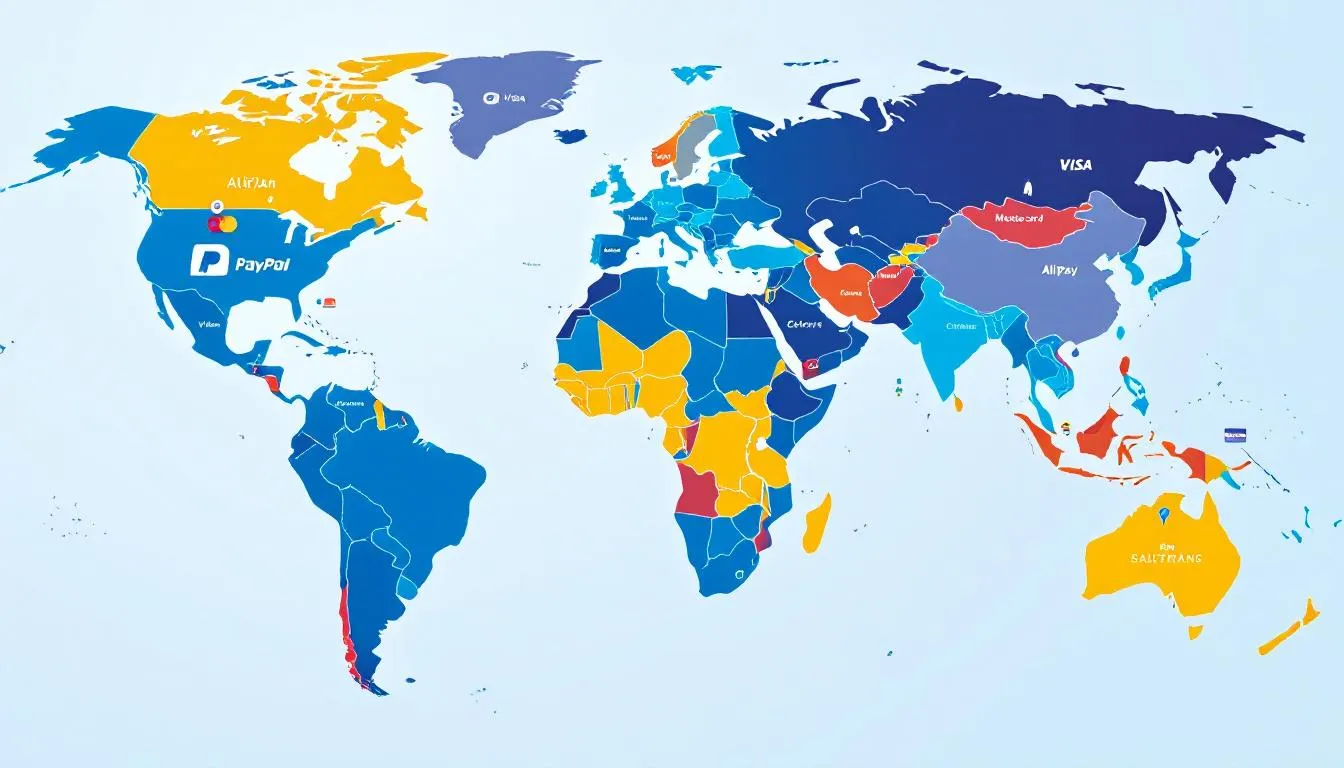
FAQ
How long does it take to obtain a Curacao gambling license?
The complete process takes 2-6 months from application submission to license approval, including company incorporation (5-10 days), document preparation (4-6 weeks), and authority review (2-4 months). Recent regulatory reforms have streamlined the process while maintaining thorough due diligence standards. Factors affecting timeline include application completeness, complexity of operations, and authority workload during the review period.
Can startups apply for a Curacao gambling license?
Yes, but recent legislation favors established operators with proven track records and financial stability. Startups should demonstrate substantial financial resources, experienced management teams, and comprehensive business plans. The licensing authority evaluates startup applications more rigorously, requiring additional documentation of funding sources, operational capabilities, and industry experience among key personnel.
What happens if my Curacao gambling license application is rejected?
Rejected applications can be resubmitted after addressing the specific concerns raised by the CGA. Common rejection reasons include insufficient documentation, inadequate financial resources, or issues with key personnel background checks. The authority provides detailed feedback on rejection reasons, allowing applicants to remedy deficiencies and reapply. However, rejection may result in forfeiture of application fees and require complete resubmission.
Is it possible to operate in multiple jurisdictions with a Curacao license?
While Curacao licenses provide global recognition, operators must comply with local laws in each target market. Some jurisdictions may require additional local licensing or restrict operations from offshore-licensed entities. Operators should conduct thorough legal analysis of target markets and implement appropriate geo-blocking measures for restricted jurisdictions to maintain compliance with both Curacao requirements and local regulations.
What are the consequences of non-compliance with Curacao gambling license requirements?
Non-compliance can result in warnings, fines, license suspension, or complete revocation depending on severity. The CGA conducts regular monitoring and can take immediate action if player interests or public safety are at risk. Minor violations typically result in warnings and corrective action requirements, while serious breaches involving anti money laundering failures or player fund misuse can lead to immediate license revocation and potential criminal referral.
